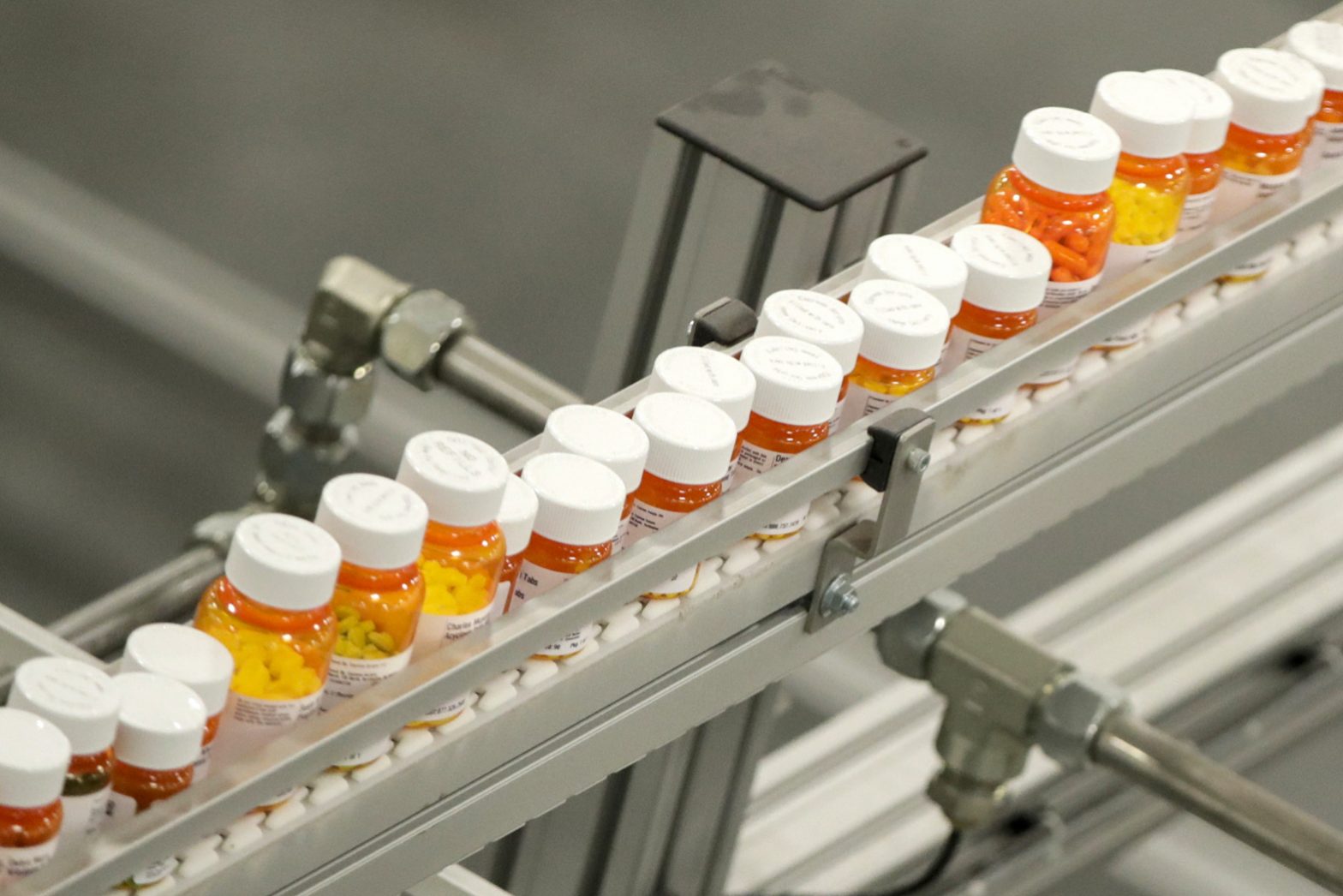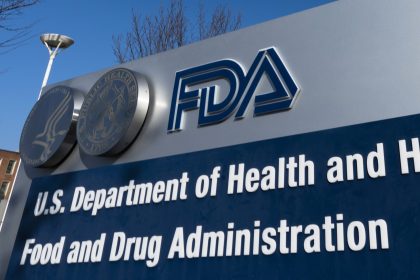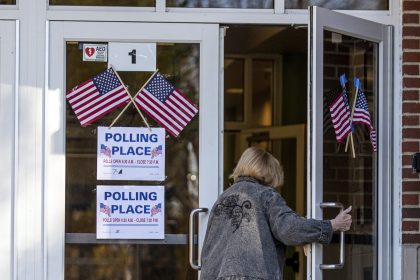Ensuring Medicare Rx Price Negotiations Help Patients
COMMENTARY

Buried amidst the recent wave of headlines about Medicare’s forthcoming round of drug price negotiations, there was an announcement from a little-known economic group attempting to shape how those negotiations will unfold — with potentially devastating consequences for patients today and in the future.
The Institute for Clinical and Economical Review submitted a report to Medicare in early October purporting to offer advice on how the government should determine the price of two widely used drugs included in the initial round of negotiations, Eliquis and Xarelto. The group is aiming to influence Medicare to have it adopt its own faulty and outdated approach to cost-effectiveness analysis for setting all prices of drugs.
ICER openly acknowledges that its approach is flawed. In a separate report released a week earlier, ICER admitted that its analysis of the value of drugs omits several important factors, such as the emergence of generic drugs and evolving patient populations, making it favorable for insurers but detrimental for Medicare beneficiaries.
Unfortunately, the group is slow-walking these much-needed updates, and its report to Medicare remains riddled with fundamental flaws that would lead to inaccurate assessments of value.
This poses a significant concern for patients. Some Medicare Advantage prescription drug plans and state prescription drug boards already use ICER’s faulty cost-effectiveness math to limit patient access and impose high out-of-pocket costs for treatments prescribed by doctors. Should Medicare adopt an outdated approach to assessing a drug’s value to patients and society, it will restrict access, hinder new drug development, reduce research funding and result in higher out-of-pocket costs. This, in turn, will jeopardize future generations’ access to potentially lifesaving drugs that may never be developed due to a lack of investment.
The flaws with ICER’s approach are well documented. In September, No Patient Left Behind released a study authored by a team of leading health economists, demonstrating how to begin fixing cost-effectiveness math by incorporating several straightforward concepts ignored by ICER’s approach: that drug prices fall over time as competitors and generic options become available, and that new groups of patients will likely begin taking a drug every year for many years. NPLB’s research also addresses how ICER’s model fails to put disease severity in context.
To see how this works in action, we need to look no further than the example of Xarelto, one of two blood-thinning medications included in ICER’s report to Medicare. Under ICER’s traditional, limited approach, Xarelto is found to have a cost-effectiveness ratio nearly eight times worse than what it would be under a model that correctly accounts for real-world patient experiences and the ever-changing dynamics of market pricing: $36,700 as compared to only $4,400. (In cost-effectiveness analysis, a lower number means the drug provides more value for every dollar that it costs.)
That disparity has important implications for patients today and for Medicare’s price negotiations.
First, it demonstrates that significant savings are already being extracted from manufacturers by the market — but health plans and pharmacy benefit managers are not passing those savings on to patients. Unfortunately, CMS will not require plans to place government price-set drugs on the MAPD formularies with the lowest patient out-of-pocket costs.
Second, and more critically, it underscores why we as a country cannot afford for Medicare to use faulty math to determine the value of medicines and whether patients should have access to prescribed treatments at low or no out-of-pocket costs.
Ultimately, this comes back to the question of how our society values medicines that treat diseases, extend lives and improve quality of life. Some drugs are expensive, but they also provide huge value to patients, their families and society as a whole.
Medicare and state-level officials have an obligation to get this right.
Using math that knowingly undervalues medications has significant repercussions. It means that future generations of patients won’t have the benefit of drugs that would have been developed.
Instead, Medicare should negotiate based on the value of drugs to patients in the real world, a path that offers better care — and lower costs — for patients today and better cures for patients tomorrow.
Peter Rubin serves as executive director for No Patient Left Behind, a nonprofit dedicated to creating and maintaining patient access to affordable prescription drugs. With more than 20 years of health policy, strategic advocacy and public affairs experience, Rubin has held senior-level positions spanning public and private sector payers, innovators and regulators. His experience includes working for United Healthcare’s Medicare business and leading Aetna’s federal government affairs team during implementation of the Affordable Care Act. He also has worked for biopharma companies where he advised the entities on a range of policy and regulatory issues. Rubin’s government experience includes serving as majority staff director for the U.S. Senate Committee on Health, Education, Labor, and Pensions Subcommittee on Retirement and Aging, and legislative director for a senior member of the U.S. House Ways and Means and Budget Committees. He can be reached on X and LinkedIn.

























